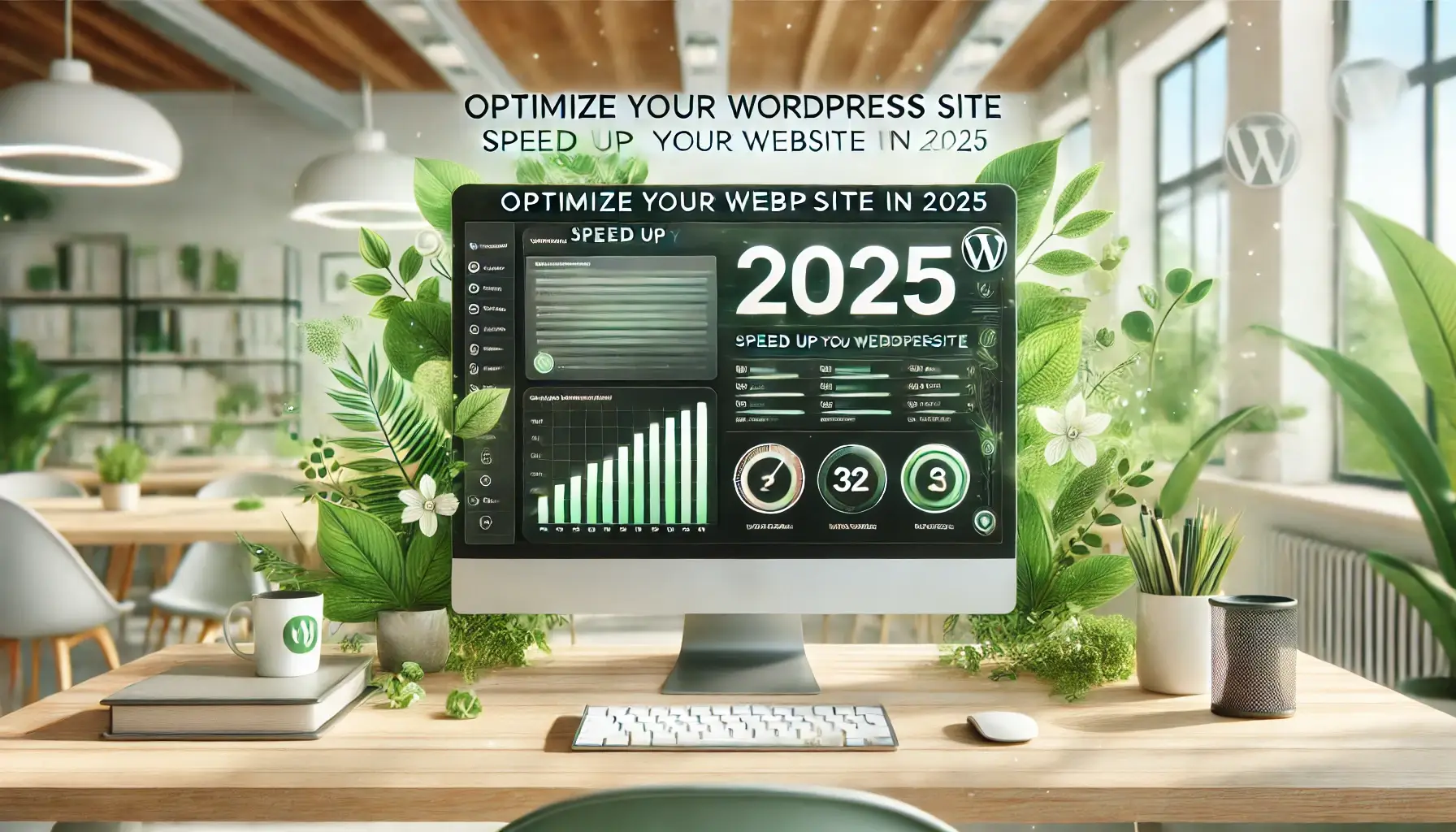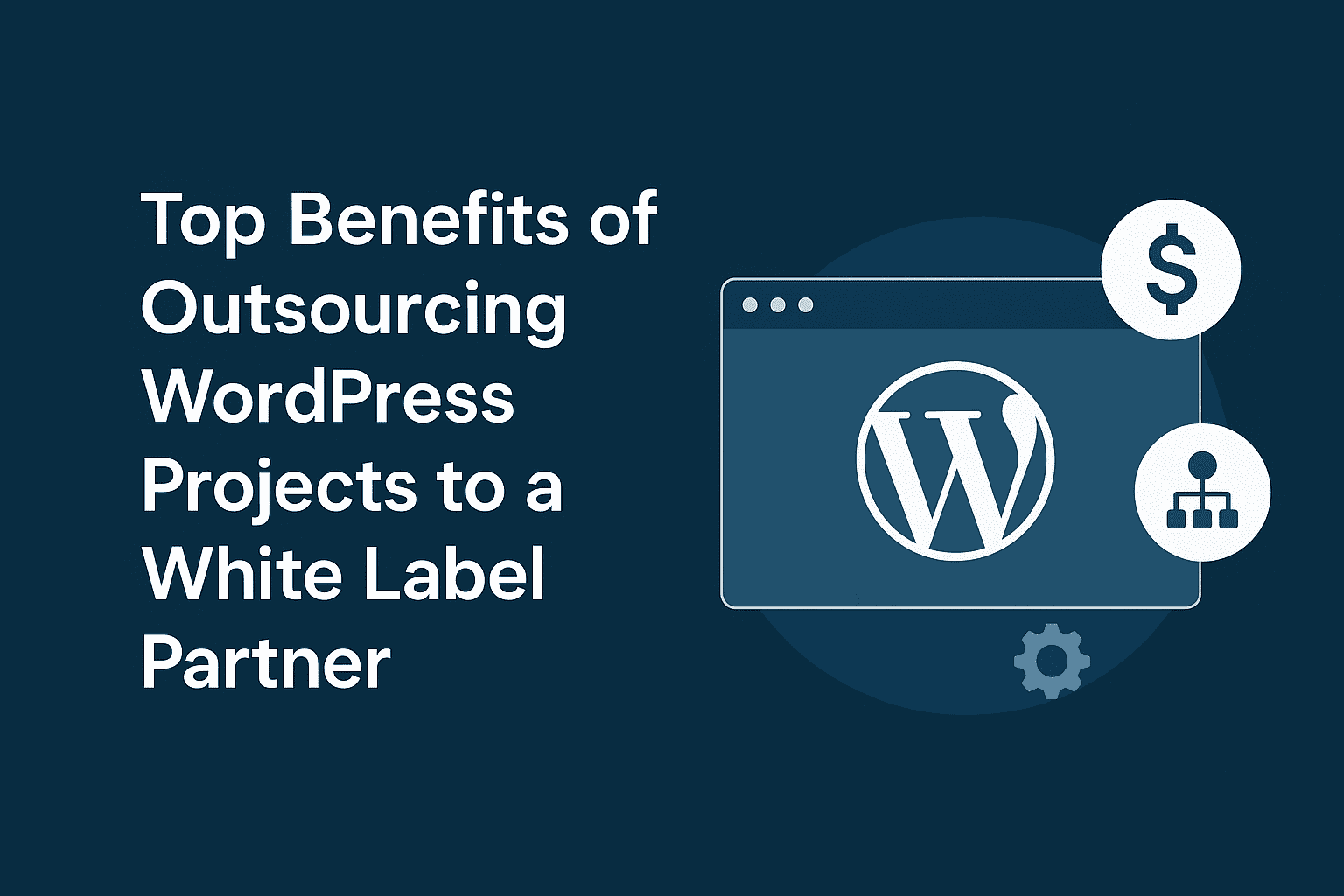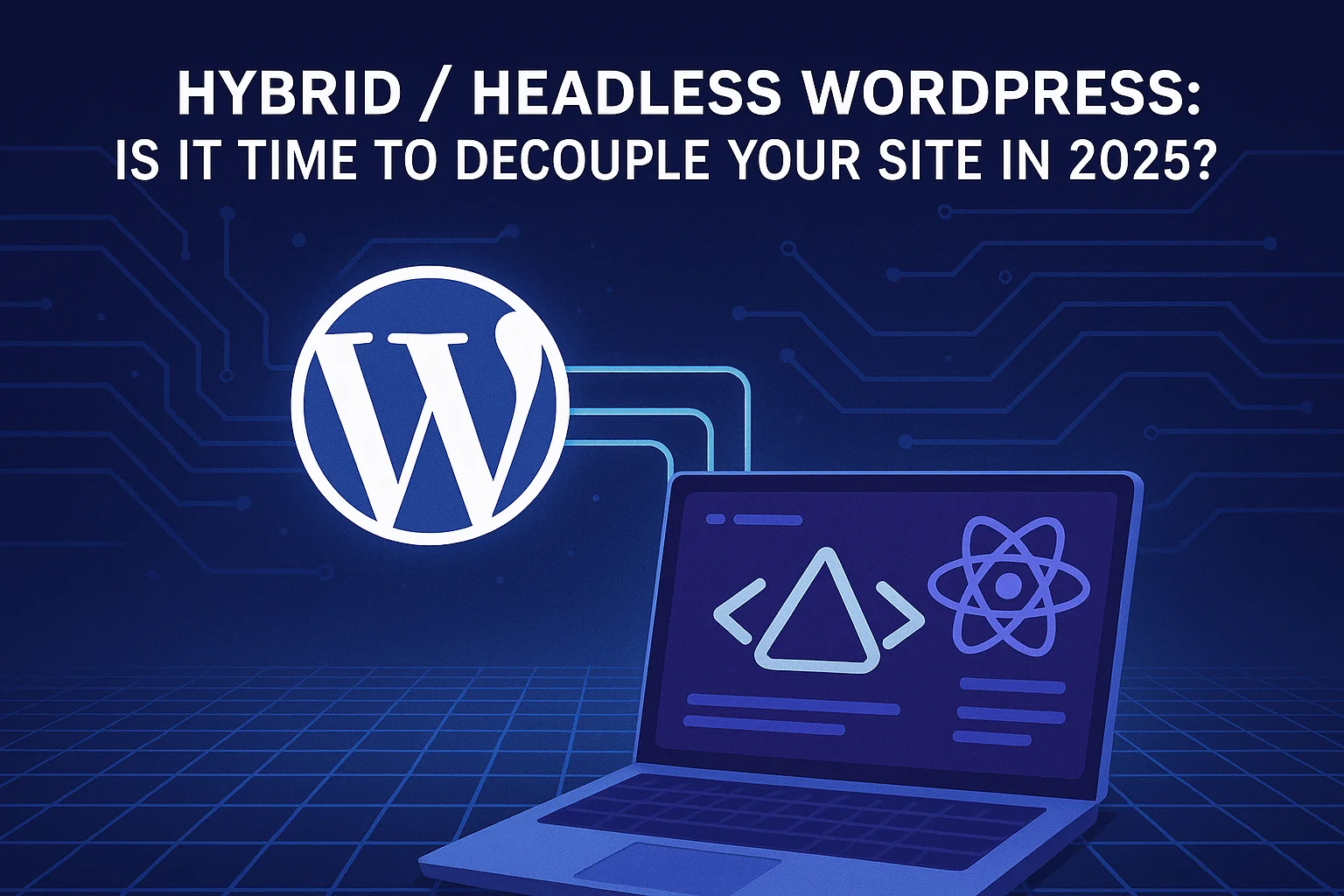Website speed is a critical factor for user experience, SEO rankings, and conversions. A slow-loading website can drive visitors away and negatively impact search rankings. If you want to improve your WordPress website’s performance, follow these proven optimization strategies.
1. Choose a High-Performance Hosting Provider
A reliable hosting provider is the foundation of a fast website. Choose a managed WordPress hosting service like Kinsta, SiteGround, or WP Engine for optimized speed, security, and support.
2. Use a Lightweight WordPress Theme
A bloated theme with unnecessary features can slow down your site. Opt for a lightweight theme like GeneratePress, Astra, or OceanWP to ensure fast load times.
3. Optimize Images for Faster Loading
Images can significantly affect website speed. Use tools like TinyPNG, Smush, or ShortPixel to compress images without losing quality. Also, use WebP format for better optimization.
4. Enable Caching to Reduce Load Time
Caching stores static copies of your website, reducing the load on your server. Install caching plugins like WP Rocket, W3 Total Cache, or LiteSpeed Cache to enhance performance.
5. Minify and Combine CSS & JavaScript Files
Reducing the size of CSS and JavaScript files speeds up page loading. Use plugins like Autoptimize or WP Fastest Cache to minify and combine scripts efficiently.
6. Implement a Content Delivery Network (CDN)
A CDN distributes your website’s content across multiple servers worldwide, reducing latency. Popular CDN services include Cloudflare, StackPath, and BunnyCDN.
7. Optimize Database for Better Performance
A cluttered database slows down WordPress performance. Use WP-Optimize or Advanced Database Cleaner to remove unnecessary data and optimize your database.
8. Disable Unused Plugins and Themes
Too many plugins can slow down your site. Remove inactive plugins and themes, and only use well-coded, lightweight plugins for essential functionalities.
9. Enable Lazy Loading for Images and Videos
Lazy loading delays the loading of images and videos until they are needed, reducing initial page load time. Use built-in WordPress Lazy Loading or plugins like Lazy Load by WP Rocket.
10. Keep WordPress, Themes, and Plugins Updated
Regular updates improve performance, fix bugs, and enhance security. Always keep WordPress core, themes, and plugins up to date.
11. Reduce External HTTP Requests
Too many external scripts (fonts, ads, tracking codes) can slow down your website. Limit third-party integrations and use local hosting for necessary scripts when possible.
12. Optimize Google Fonts Usage
Google Fonts can slow down load times. Use font-display: swap in your CSS and preload fonts for better performance.
13. Use Server-Side Compression (GZIP or Brotli)
Enable GZIP or Brotli compression on your server to reduce file sizes and speed up website loading times.
14. Monitor Performance with Speed Testing Tools
Regularly check your site’s speed using tools like Google PageSpeed Insights, GTmetrix, or Pingdom to identify bottlenecks and areas for improvement.
Conclusion
Optimizing your WordPress website for speed is crucial for user experience, SEO, and business growth. Implement these strategies to achieve a faster, high-performing website.
Need Help with WordPress Performance Optimization?
If you need expert assistance in optimizing your WordPress site, Contact Us today for a performance audit and speed enhancement services!



